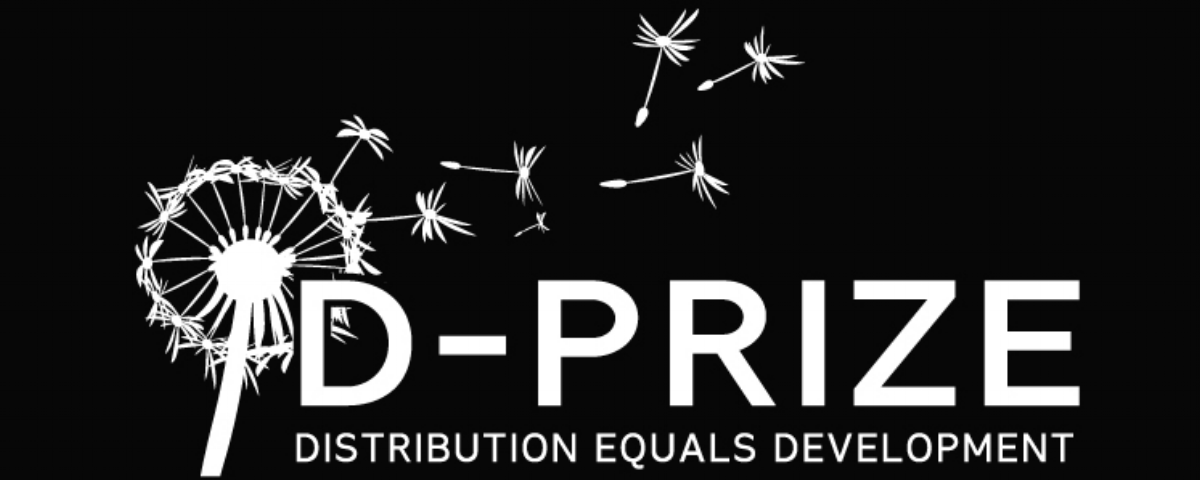POVERTY GRADUATION; UGANDA
PROVEN INTERVENTION TO BE DISTRIBUTED
Poverty Graduation Program
Learn more about the Poverty Graduation Challenge and why an evidence-based program that combines cash or asset transfers with mentorship and other forms of financial and social support helps graduate the ultra poor from poverty.
DISTRIBUTION MODEL INNOVATION
GrainAid Agency works with members of the local community especially women and youth, and other national and international organizations to overcome extreme poverty and hunger through creating access, improving, and diversifying livelihoods.
The GrainAid Agency model ensures that the extremely poor individuals in the community especially women and youth are empowered/enabled to graduate out of extreme poverty and achieve economic and social advancement through a combination of asset building, technical skills training, dedicated coaching and mentoring, and savings as well as social support. The focus on poverty alleviation for the extremely poor reflects our clarity of purpose and our approach which involves building implementation units within the communities, including recruitment and training of community facilitators among people based in the same community with a thorough understanding of the community makes our model affordable and acceptable by the entire community. The chosen solution (poverty graduation) is already proven to work around the world and our approach minimizes the chance of failure by over 95%.
GrainAid Agency was started by Emmanuel Curuma Obia and Gertrude Basirika who have over 18 years of experience in poverty eradication initiatives within Africa and are both passionate about efforts to address poverty and hunger. Emmanuel works full-time at GrainAid Agency as the Executive Director while Gertrude serves on the board of directors as the Treasurer.
PILOT AND SCALING GOALS
Provide productive livelihood assets to 30 female heads of households thus impacting 120 members of their households, especially children by end of the pilot.
Provide tailored skills training, coaching, and routine mentoring to 30 female heads of households for effective management of their livelihood initiatives by end of the pilot.
Raise additional $50,000 by end of the first year
Scale to serve 600 participants by year 2
FOUNDING TEAM
Emmanuel Curuma Obia - Executive Director
Gertrude Basirika - Board Member

